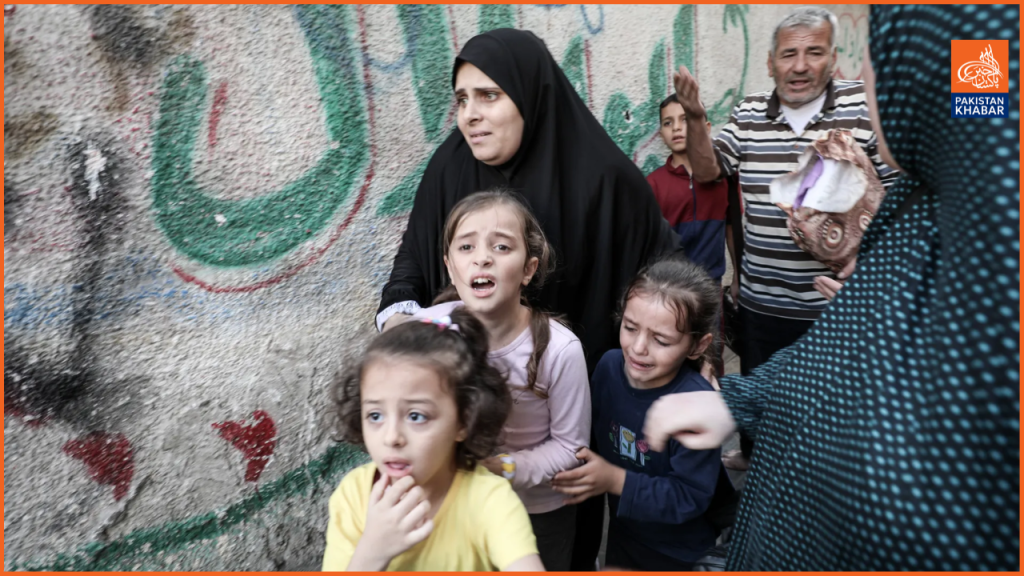The United Nations relief chief reported on Thursday that at least one million children in Gaza urgently require mental health and psycho-social support due to depression, anxiety, and suicidal thoughts. Tom Fletcher, the UN’s humanitarian coordinator, shared these findings during a Security Council session focused on the ongoing plight of children in Gaza.
Fletcher highlighted the temporary relief provided by the ceasefire, which he said has offered a crucial break from the relentless violence. He stressed the importance of maintaining the ceasefire and ensuring safe, unobstructed access for humanitarian aid. The ceasefire, along with the absence of hostilities and reduced looting, has significantly improved the ability of humanitarian organizations to operate on the ground.
The toll of the conflict on children has been devastating, with thousands killed, injured, or left orphaned. Fletcher reported that conservative estimates show over 17,000 children have been separated from their families. He also noted that approximately 150,000 pregnant women and new mothers are in dire need of health services, and many babies have died during childbirth due to the ongoing attacks.
Fletcher cited a report from the UN Children’s Fund (UNICEF), which indicates that one million children in Gaza are now facing severe mental health challenges. These children require immediate support to cope with the trauma of the conflict, and the mental health crisis is growing.
He urged the international community to increase humanitarian aid to Gaza, emphasizing the need for a $4.07 billion Flash Appeal for 2025 to address the needs of 3 million people in Gaza and the West Bank. He called for funding to sustain the ceasefire and meet the overwhelming humanitarian demands.
Fletcher also condemned the escalating violence in the West Bank, where Israeli settlers have attacked Palestinian villages, further exacerbating the crisis.





